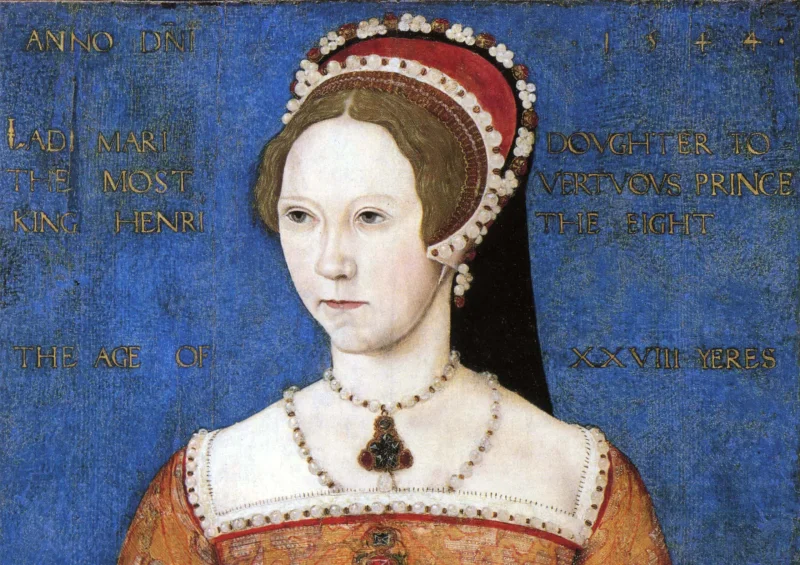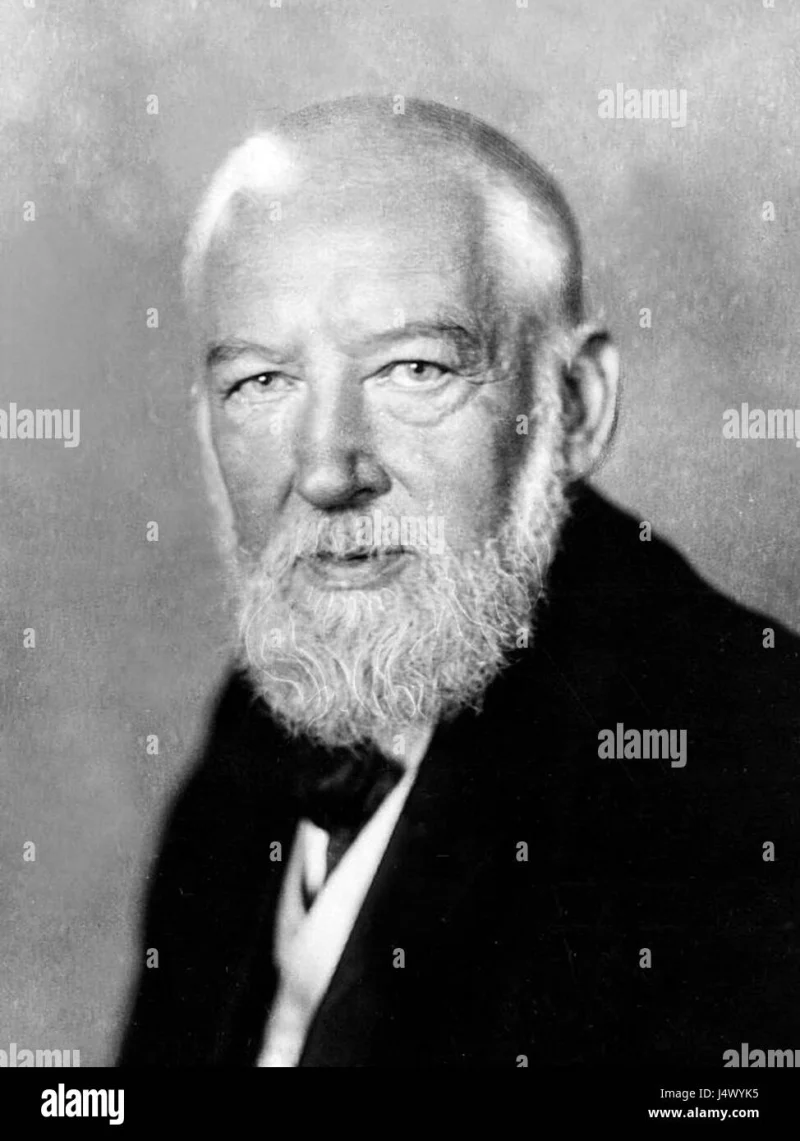Short Summary
Daniel Bernoulli was an influential Swiss mathematician and physicist best known for his pioneering work in fluid dynamics and probability. Born in 1700 into the renowned Bernoulli family, he made significant contributions to various scientific fields, including mathematics, physics, and engineering. His most famous work, "Hydrodynamica," laid the foundation for the principle of fluid flow, now known as Bernoulli's Principle. His insights into the behavior of gases and fluids have had a lasting impact on both theoretical and applied sciences.
Early Life & Education
Daniel Bernoulli was born on February 8, 1700, in Groningen, Dutch Republic, into a family of eminent mathematicians. His father, Johann Bernoulli, was a prominent mathematician, and his uncle Jakob was also renowned in the field. Encouraged by his father, Daniel initially pursued a career in business but soon shifted his focus to medicine and mathematics. He studied at the University of Basel, where he earned his doctorate in medicine in 1721. His early exposure to mathematics and physics within his family greatly influenced his intellectual pursuits and set the stage for his future contributions to science.
Career Highlights
Daniel's career was marked by a series of significant achievements that bridged multiple scientific disciplines. In 1724, he moved to St. Petersburg, Russia, to join the newly established Academy of Sciences, where he worked on various problems in mathematics and physics. In 1734, he returned to Basel, where he became a professor of anatomy and later took on roles in botany and physics. His most notable work, "Hydrodynamica," published in 1738, introduced the principles of fluid mechanics and laid the groundwork for the study of aerodynamics and hydrodynamics. His contributions extended beyond fluid dynamics, influencing probability theory and statistics as well.
Major Achievements
- Developed Bernoulli's Principle, explaining fluid behavior in motion, foundational to aerodynamics.
- Published "Hydrodynamica," which significantly advanced the understanding of fluid mechanics.
- Contributed to probability theory, including work on the St. Petersburg Paradox.
- Established the kinetic theory of gases, connecting macroscopic and microscopic properties.
Famous Quotes
- "It would be better for the true physics if there were no mathematicians on earth."
Interesting Facts
- Daniel was one of the first scientists to apply mathematics to the study of human blood flow.
- He won the annual prize of the Paris Academy ten times, a record at the time.
- Despite his achievements, he had a contentious relationship with his father, Johann Bernoulli.
Legacy / Influence
Daniel Bernoulli's work has left a lasting legacy in the fields of fluid dynamics, probability, and statistics. His principles are integral to modern engineering disciplines, such as aerospace and mechanical engineering. Bernoulli's insights laid the foundation for the development of various scientific theories, influencing generations of scientists and engineers. His contributions continue to be relevant in both theoretical research and practical applications.
FAQ
Q: Why is Daniel Bernoulli famous?
A: He is famous for his groundbreaking work in fluid dynamics and the development of Bernoulli's Principle.
Q: What was Daniel Bernoulli's most important work?
A: His most important work was "Hydrodynamica," published in 1738, which laid the foundation for fluid mechanics.
Q: Did Daniel Bernoulli win any awards?
A: Yes, he won the annual prize of the Paris Academy of Sciences ten times, which was a significant achievement.













